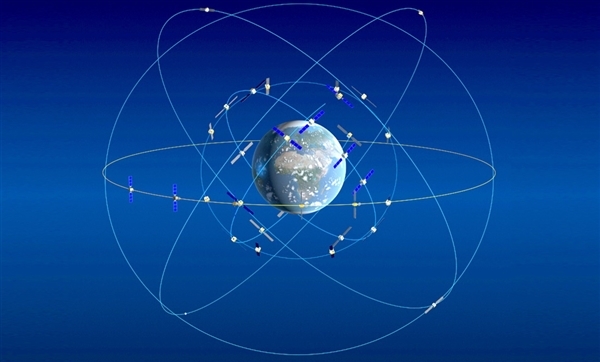This is what I like about us Chinese, we are not boastful and we need to improve more.
from cnTechPost
Deputy chief engineer says BeiDou still faces two major challenges
2020-09-06 16:56:11 GMT+8 | cnTechPost
0
At present, BeiDou and GPS III are a new stage in the development of the Global Navigation Satellite System (GNSS), but they still face two challenges, said Zhang Lixin, deputy chief engineer of BeiDou at China Aerospace Science and Technology Corporation.
He made the remarks at the 2020 Smart Technology and Industry Development Forum on September 6.
One of the challenges BeiDou faces, he said, is that users in some industries are demanding increasingly high service performance that cannot be met at present.
He said that users in some critical infrastructures, such as finance, power grids and communications, require high security, high availability and anti-spoofing, while users of automated driving and intelligent transportation require high precision, high integrity and dynamic decimeter-centimeter levels.
Another challenge is that the "fragility" of satellite signals leads to limited applications in complex environments. For example, complex terrain environments are susceptible to obscuration and multipath complexity, while complex electromagnetic environments are susceptible to interference and spoofing.
"The only way to develop BeiDou is with an integrated PNT system," Zhang said.
The BeiDou satellite navigation system, he said, will be developed in parallel with pulsar navigation, ground-based augmentation, land-based navigation, underwater navigation, indoor navigation and other systems to form the BeiDou integrated PNT system, which will achieve "unified standards, safety, credibility, efficiency and convenience".
The key way to build BeiDou integrated PNT is "convergence", from the convergence of BeiDou systems, to the convergence of BeiDou integrated PNT systems, to the construction of systems that are open to the world and the future, such as PNT inter-system and all-source.
Referring to the future BeiDou satellites, Zhang said that the BeiDou satellites will be "all digital" in the future, moving from baseband to RF and processing RF digital signals directly.
He also said that the BeiDou III global satellite navigation system has become the world's advanced navigation system, and the BeiDou system will be even smarter in the future.
"Satellite navigation is an important national information infrastructure, as well as the cornerstone of human activities and the prerequisite for the development of intelligent transportation. Currently, countries around the world are competing to develop independent and autonomous satellite navigation systems," he said.
There are four major satellite navigation in the world, plus two regional navigation systems. On the whole, BeiDou III is at the shoulder-to-shoulder stage and has developed to the world's advanced level and is a local leader, he said.
"In January 2020, a third-party organization conducted a month-long analysis and comparison of the world's four major navigation systems, and BeiDou offers the best service with clear advantages in terms of spatial signal accuracy and positioning accuracy," he said.
The BeiDou project started in 1994, and the construction of BeiDou I was completed in 2000 and BeiDou II was completed in 2012.
The BeiDou III global satellite navigation system was fully completed and opened for service, marking China as the third country in the world to independently own a global satellite navigation system.

